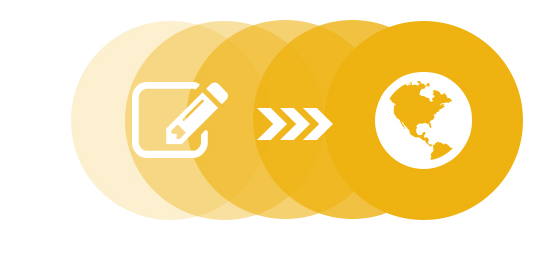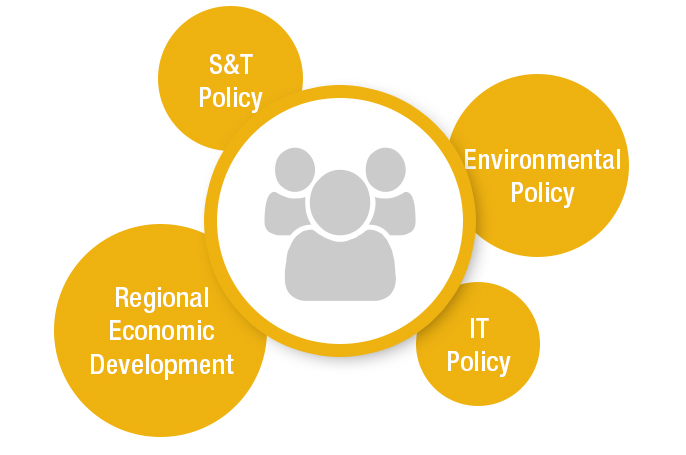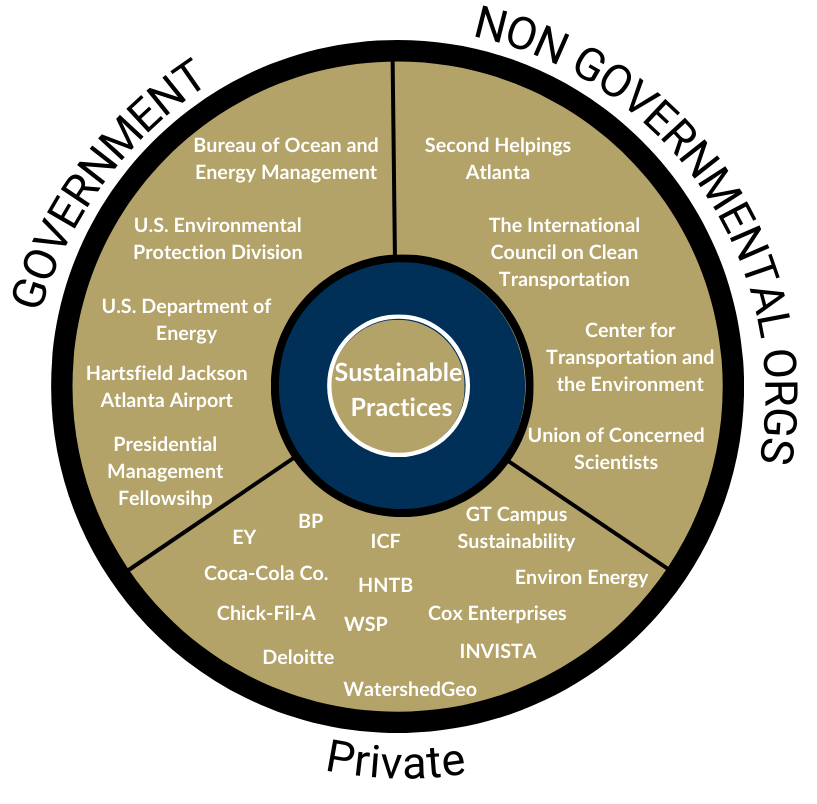
The Master of Sustainable Energy and Environmental Management (MSEEM) curriculum is a multidisciplinary program with courses taught in schools across the Georgia Tech campus. These include public policy, business, industrial and systems engineering, city and regional planning, civil and environmental engineering, and economics, among others. This curriculum is designed to allow students to develop individualized courses of study designed to supplement their current strengths and give them the skills necessary to achieve career goals. There is also a graduate certificate program available.
The Fall 2026 priority deadline is Februrary 20, 2026 and the Fall 2026 Final Deadline is March 31st, 2026.
As of June 2024, the GRE general test is strongly recommended for both the CSEEM and MSEEM Programs, but not required. GRE scores are required for merit-based financial aid offers and Fellow award decisions made at the time of admission. Scores can be sent to the university code 5248. GRE, IETLS, and TOEFL scores are received by the Graduate Admissions Office.
Information Sessions
Join students and faculty from the MSEEM program to learn more about the program. They'll introduce the degree, curriculum, courses, capstone, and job opportunities, then current MSEEM fellows will be available to talk in breakout rooms, and the event will wrap up with a final Q&A. You may also view a recording of our most recent webinar if you're unable to join us in person.
Information sessions for the AY25-26 cohort will be held via Zoom on the following dates:
You can also view the recording of a previous information session.
Application Deadlines
Full-time Enrollment Deadlines:
- Fall priority deadline: Feb. 20, 2026
- Fall final deadline: March 31, 2026
Part-time Enrollment & CSEEM Deadlines:
- Fall priority deadline: Feb. 20, 2026
- Fall final deadline: March 31, 2026
Students completing the MSEEM program will be able to:
- Assess the context of coupled human and natural systems in energy and environmental problems
- Identify and describe ethical values associated with energy and environmental problems
- Manage and design appropriate responses to energy and environmental sustainability problems
- Apply tools and methods to develop solutions for energy and environmental problems
Graduates of the degree program are expected to work in government, NGOs, or the private sector on issues about sustainability, energy, and environmental management.
The program offers a flexible 30-credit hour format, with part-time and full-time options available.
Annual MSEEM Orientation and Leadership Retreat
Each year, the MSEEM and CSEEM cohorts take a trip to North Georgia Unicoi State Park for a weekend to prepare for the program. Students are joined by guest speakers, well-established alumni, as well as Georgia Tech faculty.
Integrate Theory and Practice to Promote Sustainability
The MSEEM program is designed to allow students to integrate theory and practice — bringing together knowledge from professional and scientific fields — and apply this knowledge to develop solutions for energy and environmental problems.

Apply Analytical Skills to Identifying Effective Solutions
MSEEM students will be able to acquire analytical skills to develop fact-based solutions to real policy problems in areas such as adapting cities to global warming and sea level rise, improving air quality, promoting walkable cities, and using crowd-sourced data to better manage water resources and infrastructure investments. This is great for students who want to know how stakeholders attribute value to the potential environmental impacts of technological developments, and what the potential is for regional economic development based on enhanced investments in green technology.

Multidisciplinary Curriculum focused on Sustainability
MSEEM pairs world-class engineering, business, and planning with public policy instruction in Georgia Tech's highly-ranked Jimmy and Rosalynn Carter School of Public Policy.

Award-Winning Faculty
MSEEM students will study and share research with a faculty that has a national and international reputation. Our courses are taught by world-class faculty and renowned practitioners in fields ranging from environmental law, pollution and utility regulation, and carbon credits to green energy financing, life cycle analysis, data analytics, and environmental justice. The program utilizes environmental and sustainable development research and practitioner experience to provide practical training in sustainability management to a new generation of professionals who need to address critical interdisciplinary issues.

Diverse Student Body
The program attracts a diverse student body crossing paths with people from all over the world, at all stages in their careers, with prior backgrounds in many different fields of knowledge and a common interest in problem-solving in the public interest. MSEEM students are dedicated to mastering the science of sustainability and are passionate about putting their education into practice.

Successful Career Ahead
The MSEEM program is a good fit for those whose career goals include the potential for getting a job that defies the stereotypes. Our graduates have been placed in state and federal government organizations, national and international consulting firms, media corporations, and not-for-profit organizations, among others. Many have also gone on to successful academic careers.

